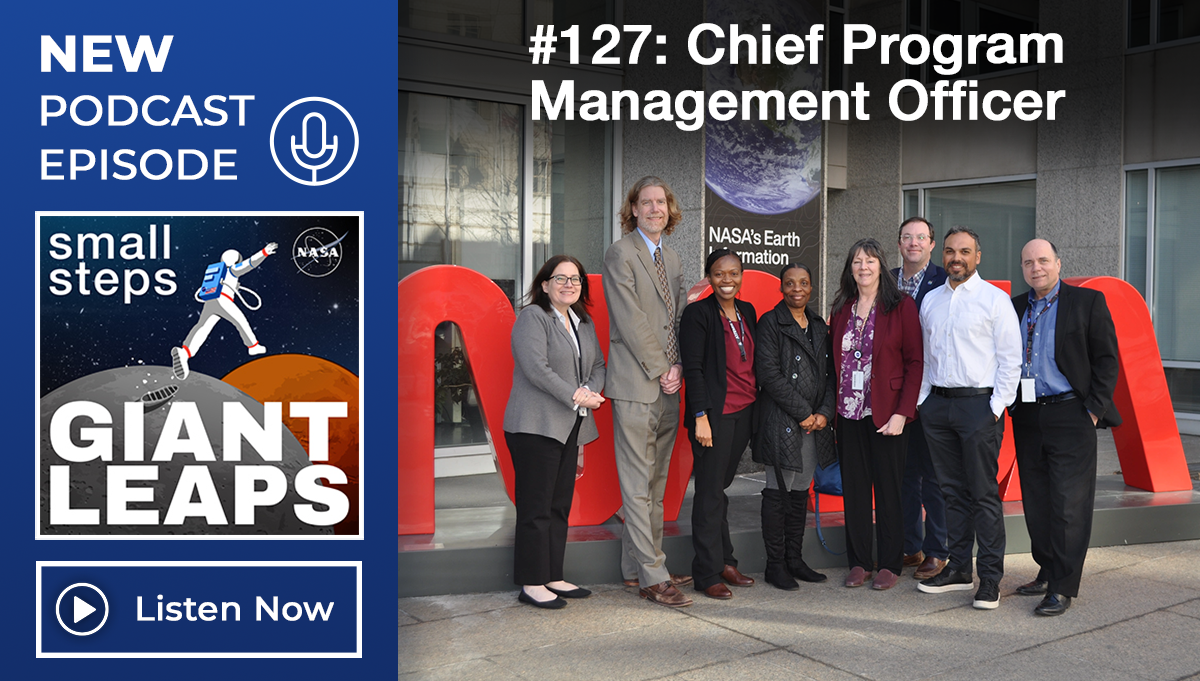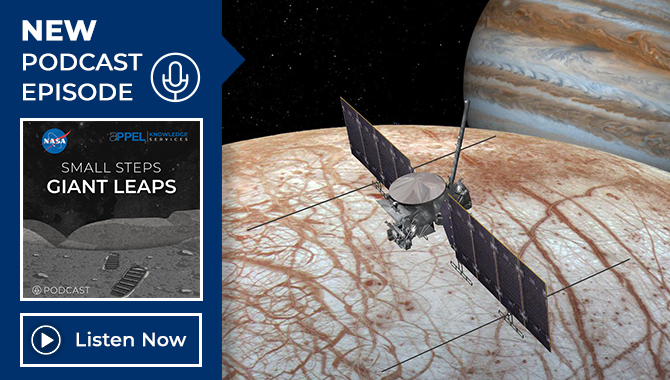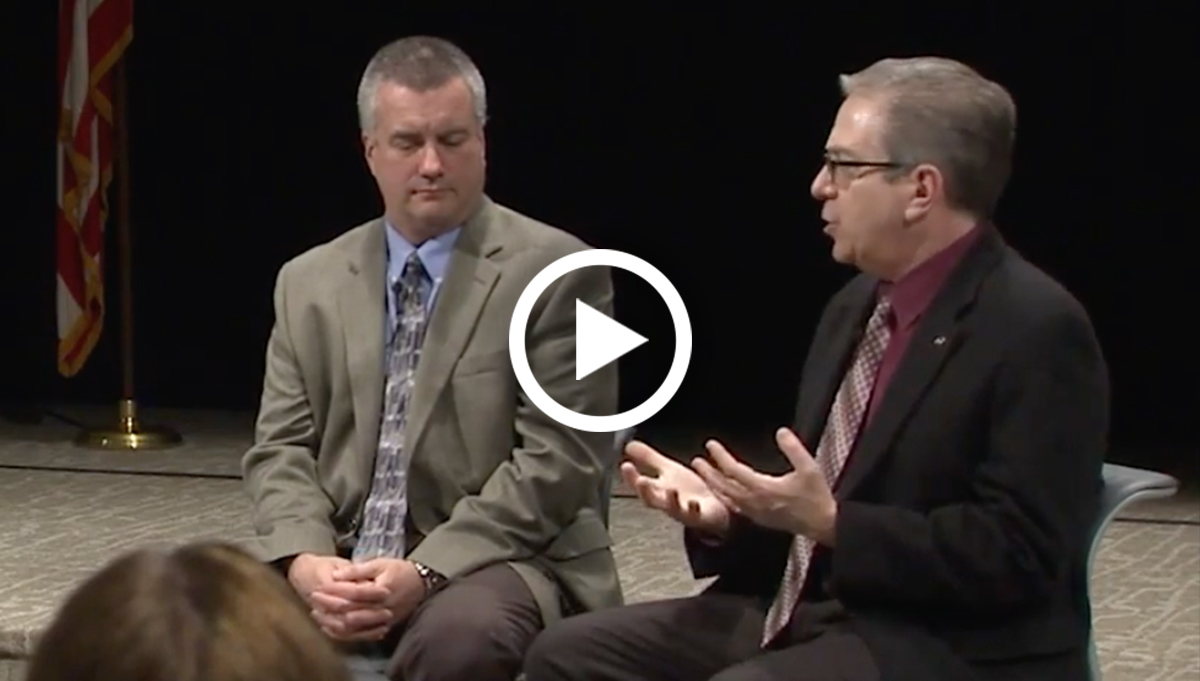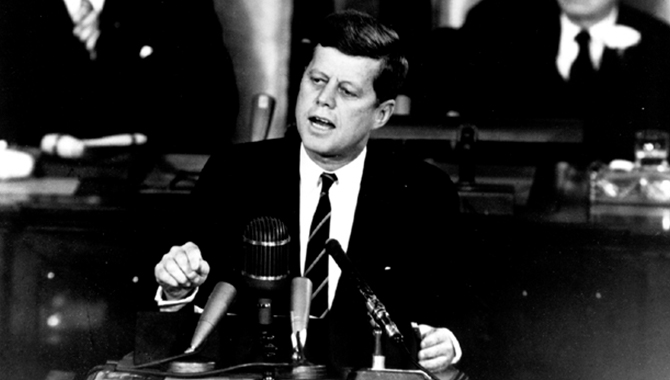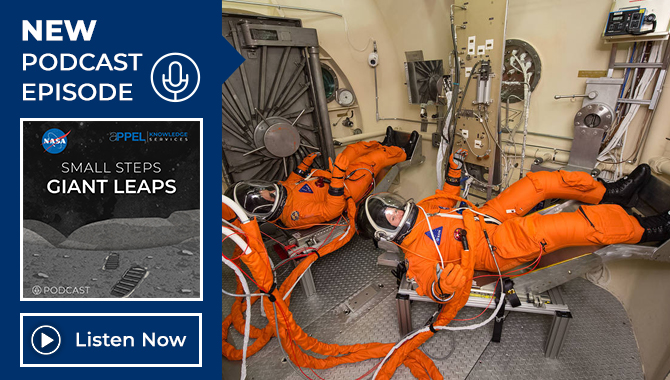Effort looks for potential barriers and challenges facing underserved communities.
NASA is gathering public input as part of a comprehensive effort known as Mission Equity “to assess expansion and modification of agency programs, procurements, grants, and policies, and examine what potential barriers and challenges exist for communities that are historically underrepresented and underserved.” The Agency published a Request for Information (RFI) in the Federal Register on June 15, 2021 with a series of questions on equity and updated it on June 28, 2021, to reflect that comments are requested on or before, August 31, 2021.
“…What we know is that diversity and equity and inclusion and accessibility, it leads to greater innovation. And our commitment to these values has encouraged our unequalled workforce to soar,” said NASA Administrator Bill Nelson at a July 13 public meeting that discussed the RFI and presented success stories from NASA’s inclusion efforts dating back four decades.
“We need information from you. We want to thank you for your participation today. And please continue to engage with us, because when NASA opens doors to talent that is previously left untapped, then the universe is the limit,” Nelson said.
The RFI is in response to Executive Order 13985, which directed the heads of federal government agencies to review select programs and policies to “assess whether underserved communities and their members face systemic barriers in accessing benefits and opportunities available pursuant to those policies and programs,” and working with the Office of Management and Budget, determine best practices for advancing equity.
In the RFI, NASA presents questions to help guide the public, arranged into four categories: Barriers/Gaps to Accessing Current NASA Grants, Programs and Procurements; Opportunities for NASA to Leverage Its Data, Expertise, Missions To Help Underserved Communities; Engagement and Outreach With Organizations and Individuals From Underserved Communities; and Diversity and Equal Opportunity at NASA and in the STEM Community.
“NASA is fully committed to diversity, equity, inclusion, and accessibility, DEIA, because we know we’re at our best when we include and make our agency equitable and accessible to everyone,” said Steve Shih, NASA’s Associate Administrator for Diversity and Equal Opportunity, speaking at the public meeting. “This allows us to access the full variety of skills, knowledge, capabilities, thinking, problem solving, and innovation that we need to be able to succeed in the challenging work we do.”
The public meeting included appearances by representatives of several small businesses that have benefitted from NASA’s DEIA efforts over the past 40 years, including Barrios Technology, Ltd., a woman-owned small business started in 1980, when a group of eight people worked nights and weekends to write a proposal for a NASA contract, according to Anita Renteria, the company vice president of business development.
“So, literally, Barrios opened its doors 41 years ago, July 1st, with a prime contract to NASA and we’ve supported human space flight ever since. Today we have about 600 employees,” Renteria said, noting the company has prime contracts at Johnson Space Center, Marshall Space Flight Center, and employs 150 staff supporting Artemis missions.
“We do everything from curating the Moon rocks to helping to pluck the Orion capsule out of the ocean when it lands on the test flights we’ve had recently,” Renteria said.
Sophia Marnell, president and owner of Axelton Incorporated, an SBA certified 8(A), woman-owned, veteran-owned small business headquartered in Lorton, Va., said she began working with NASA as a contractor around 2003, and started the company in 2005, encouraged by NASA.
“NASA has always been one of those vendors who have helped us grow,” Marnell said, noting the company recently won a $300 million blanket purchase agreement at the U.S. Department of Energy, amongst other contracts. “Because we started at NASA, they taught us … as a small business, and especially a diverse business, what it takes… We’ve grown as a small business, but the right way, so we do have NASA to thank for that.”
Questions for the public in the RFI include:
- What are some tools that NASA should consider for purposes of increasing access to information related to Notice of Funding Opportunities or grant programs to reach communities that are historically underserved and underrepresented by NASA and the federal government more broadly?
- What resources could NASA provide to better assist underserved communities with identifying new opportunities to partner with NASA or access its grants, programs or data?
- How can NASA better collaborate with academic research institutions, particularly Historically Black Colleges and Universities (HBCU), Hispanic Serving Institutions (HSI), and other Minority Serving Institutions (MSI), to advance environmental justice, support rural, urban, and coastal communities, and address equity challenges facing underserved communities?
“We’re looking to ensure the benefits of our science missions reach across the country, from urban neighborhoods to rural communities. That every American farmer has access to Earth science data that can help boost crop yields. That every university and college, including minority serving institutions, have access to opportunities to participate in research and development efforts that propel the NASA mission,” said Melanie Saunders, NASA’s Deputy Associate Administrator. “These are ambitious goals, I know. But NASA is, by its nature and to its core, ambitious in all it does. We hope that you will join us in our mission.”
For the complete list of questions and information on how to submit comments, click here to see the RFI in the Federal Register.




